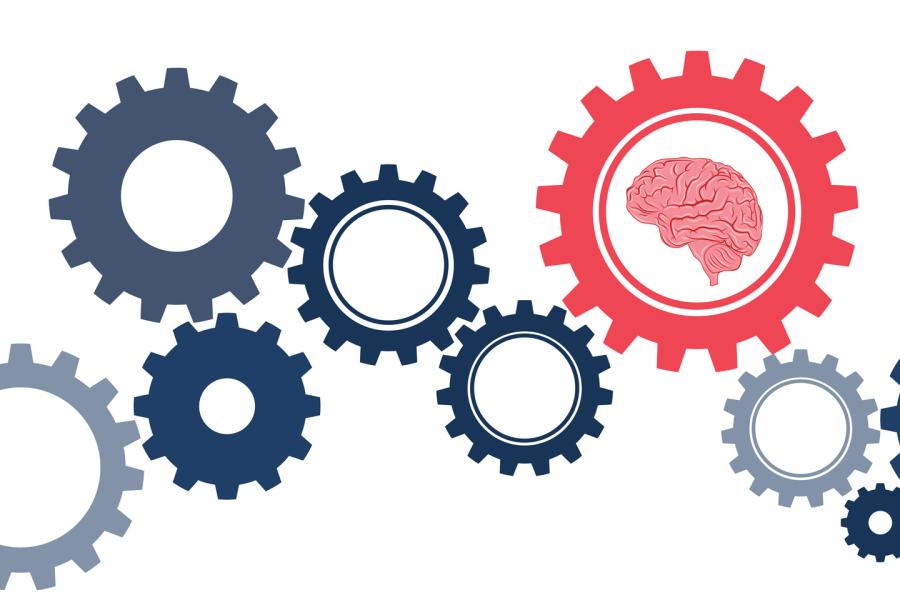Just like your car, your mental health needs regular checkups. When the check engine light comes on, it's a sign to take action to ensure that a small issue doesn't become a major repair.
The earlier you address the warning signs, the smoother the road ahead. Whether you're dealing with daily stress or something more serious, knowing where to turn for support can save you time, money, and emotional wear and tear.
Start with a tune-up: Johns Hopkins Employee Assistance Program
Think of JHEAP as your mental health mechanic who's ready to help before things break down. You and your household members, even if they're not on your insurance, can access up to six free, confidential counseling sessions.
Just like a routine oil change keeps your engine running smoothly, early mental health support can prevent your burnout, anxiety, or emotional overload from escalating.
JHEAP's professional counselors are available 24/7/365 when you call 888-978-1262. Or you can submit a nonurgent appointment request form to meet in person or virtually with JHEAP's Onsite Clinical Care Team. JHEAP can help with:
- Stress and burnout
- Life transitions
- Communication and boundaries
- Coping skills and self-care
- Referrals for longer-term care
Plus, JHEAP offers referrals for legal and financial consultations, life coaching, and child/elder care resources for when your life needs a little realignment.
Need a quick fix from home? Try tele–behavioral health
If you'd rather skip the waiting room, tele–behavioral health is like having a mobile mechanic for your mind. Licensed therapists and psychiatrists for you and those on your insurance plan are available online for just a $20 co-pay through MDLive. Have an appointment in a week or less, and choose a time that works for you, including nights and weekends. MDLive providers can help with:
- Anxiety and panic disorders
- Addictions
- Depression, grief, and loss
- Relationship issues
- Medication management for psychiatric needs, in certain cases
- And more
Set up your account through the MDLive member portal and get care when and where you need it.
Your primary care provider: The dashboard expert
A primary care provider is like a dashboard's diagnostic system. Your PCP knows your full health history and can spot when mental health symptoms are connected to physical ones. Your PCP can:
- Screen for depression, anxiety, and stress
- Discuss changes in sleep, mood, or energy
- Prescribe initial medications
- Refer you to a specialist
Need help navigating? Call Quantum Health
When the road gets confusing, Quantum Health is your GPS. Its nurses, social workers, and behavioral health experts can help you:
- Find in-network PCPs, therapists, psychiatrists, or specialists
- Understand your insurance coverage
- Coordinate care across mental and physical health
- Create a self-care plan and connect you to resources
- Explore treatment options for anxiety, trauma, or mood disorders
To reach Quantum Health, call 844-460-2801, 8:30 a.m. to 10 p.m., Monday to Friday. Visit the member portal for more resources.
When the warning light turns red: Crisis support
If you're in distress and need immediate help but the condition is not life-threatening, you have same-day and virtual crisis options:
- 988 Suicide and Crisis Lifeline: Call or text 988 anytime.
- Behavioral health urgent care centers offer walk-in access to counselors or psychiatrists; contact Quantum Health for in-network options.
Emergency care: Safety first
Your safety and well-being always come first. If you or someone you know is experiencing a mental health crisis, go to the nearest emergency room or call 911 for:
- Suicidal thoughts or actions
- Threats of harm to self or others
- Extreme panic, mania, psychosis, or confusion
- Alcohol and drug withdrawal symptoms
Emergency departments are equipped to stabilize and protect your safety when it matters most.
Bottom line: Don't wait for a breakdown
Mental health care is just like car care—routine maintenance keeps you running smoothly, and early attention to warning signs can prevent a full-blown crisis. With resources such as JHEAP, Quantum Health, telehealth, and your PCP, you've got a full-service crew ready to help.
Take the wheel and check in with yourself. Reach out to JHEAP at eap@jhu.edu with nonurgent questions or call 888-978-1262 24/7/365 to get a jumpstart on your mental well-being.
Posted in Health+Well-Being
Tagged hr newswire








